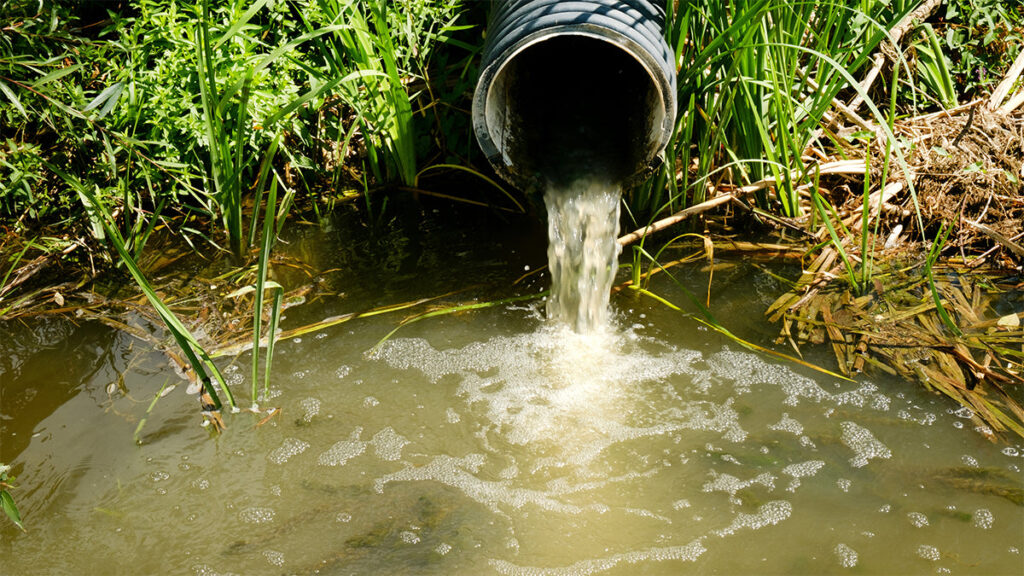- BY Kevin Barry BSc(Hons) MRICS
- POSTED IN Latest News
- WITH 0 COMMENTS
- PERMALINK
- STANDARD POST TYPE

The Water, Sustainable Drainage and Flood Management Bill is a piece of proposed legislation in Northern Ireland aimed at improving how water is managed, reducing flood risks, and promoting more environmentally friendly drainage systems. It’s designed to help Northern Ireland Water (NI Water, the public water utility) work more efficiently, especially in the face of climate change, extreme weather like droughts or heavy rains, and a growing population. The bill builds on earlier consultations and seeks to “future-proof” the water system by integrating natural solutions and updating old rules.In simple terms, it’s like updating the rulebook for handling water supply, wastewater, drains, and floods to make everything safer, greener, and more resilient. It doesn’t create massive new projects but gives authorities better tools to prevent problems like pollution, water shortages, and flooding.Key Provisions (Outlined for a Layperson)The bill focuses on several main areas, based on policy ideas from public consultations. Here’s a breakdown of key points:
- Better Powers for Handling Water Shortages: NI Water would get expanded authority to impose temporary bans on certain water uses during droughts. This could include things like watering plants at home, cleaning boats, filling pools or ponds, or washing outdoor surfaces—beyond just garden hoses and car washing, which are already restricted. The goal is to conserve water quickly without affecting essential uses.
- Access to Private Land for Flood Protection: NI Water could enter private property (with or without permission in some cases) to build and maintain flood defenses or sustainable drainage systems (like natural ponds or permeable surfaces that absorb rainwater). This helps prevent widespread flooding but includes rules for compensation to landowners.
- Encouraging “Green” Drainage in New Builds: Developers would be pushed to use sustainable drainage systems (SuDS), such as rain gardens or swales that let water soak into the ground naturally instead of overwhelming sewers. The government could issue guidelines or rules on designing, approving, and maintaining these, and NI Water might take over their upkeep.
- Adopting Old Private Drains: NI Water could take responsibility for maintaining important old drainage pipes built before 1973 that are currently privately owned, if it’s cost-effective and helps the overall network run better.
- Fixing Wrong Connections to Sewers: If someone’s drain is wrongly connected (e.g., sending polluted water into the wrong pipe), NI Water could enter properties to fix it and charge the owner if they refuse to do it themselves. This aims to cut pollution in rivers and streams faster.
- Registering Agreements for New Connections: Simplifies paperwork for agreements between NI Water and developers about connecting new properties to sewers, making it easier to track and reducing admin hassles.
- Grants for Home Flood Protection: The government could set up a scheme to give grants to homeowners in flood-prone areas to install protections like barriers or pumps, based on a trial program.
- Easements for Flood Storage on Land: Landowners could get compensation for allowing their land to be used for temporary flood storage (e.g., letting fields flood to protect towns), making it easier to agree on long-term flood plans.
- Updates to Environmental Rules: Minor tweaks to existing laws on environmental impacts and flood directives to fill gaps left after Brexit.
Overall, the bill emphasizes prevention over reaction, using nature-based solutions to manage water and floods while protecting the environment and reducing costs in the long run.Current Progress. The bill was introduced by the Minister for the Economy, Dr. Caoimhe Archibald, and completed its First Stage (formal introduction and printing) on 23 June 2025.
It is scheduled for its Second Stage (a debate on the general principles) on 16 September 2025—today’s date. If it passes this stage, it would move to committee scrutiny, further debates, and potential amendments before becoming law.
